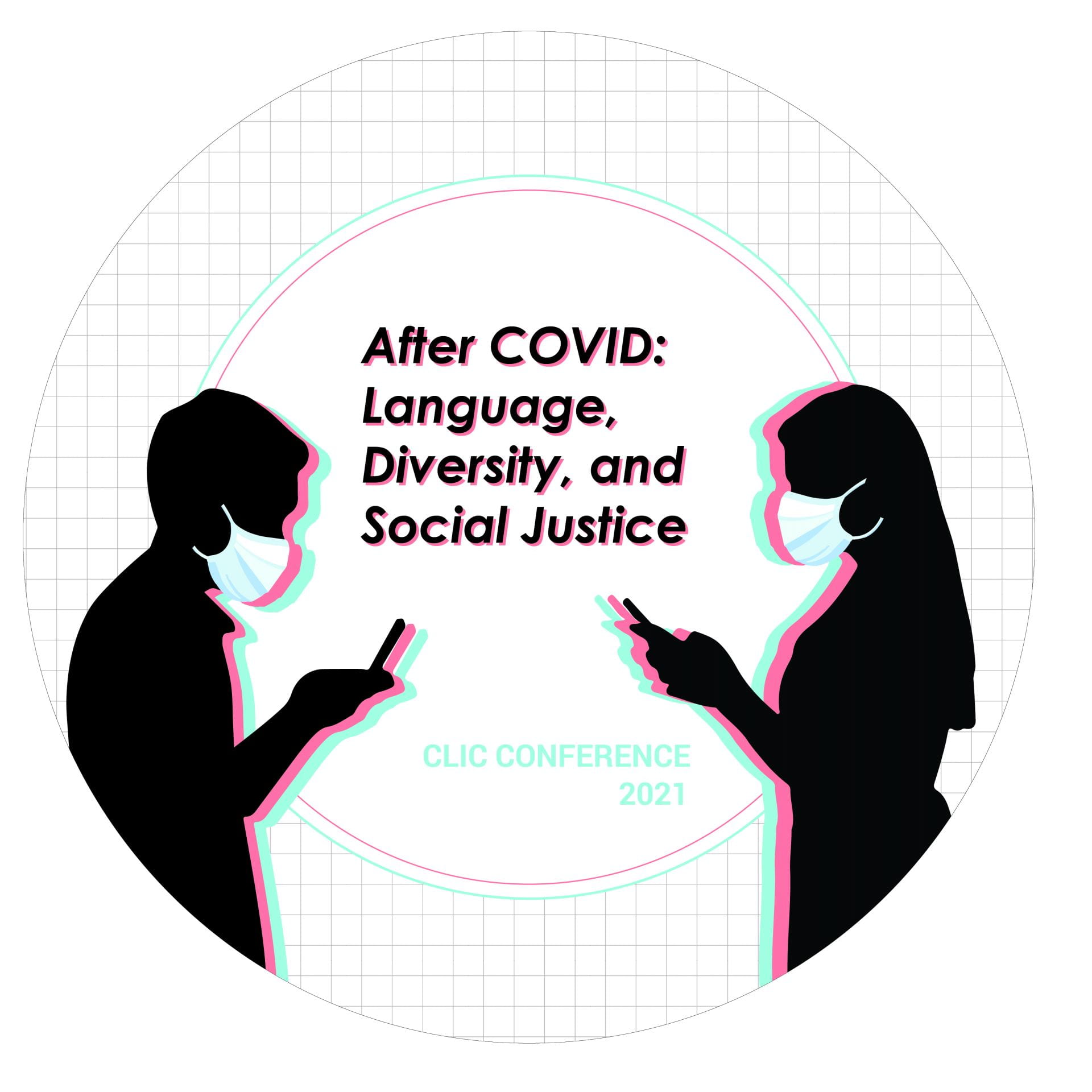COVID-19 and the Hispanic Community: A metacultural space in the Medical Spanish virtual classroom
Rey Romero, University of Houston Downtown
Previous research has identified several benefits of online discussion forums in Learning Management Systems for online courses, including more time to elaborate a post and reply and an increase in collaboration among students. This study examines the posts and replies in a discussion forum of students in an online class on Hispanic health in Spanish during the Summer of 2020, when the COVID-19 pandemic was surging throughout the United States. Students were prompted to discuss several cultural concepts often ascribed by public health researchers and sociologist to describe patterns in Hispanic medical practices, namely familism, fatalism, respect, simpatía, and personalism. Students were also asked to consider if these cultural practices were a factor or a barrier in the spread of COVID-19. The result is that these forums provided a space in which students could analyze their own culture in Spanish while also considering how the pandemic was affecting these practices. From the linguistic perspective, students increased their participation and language production, replying to more posts than their assigned minimum. From the cultural perspective, their posts suggest that concepts used by public health researchers are antiquated and do not necessarily apply to the Hispanic community today. In addition, students also postulated that some of the concepts typically considered factors for the spread of disease could also be reframed and considered factors for positive health outcomes. Using COVID-19 as a topic of these discussions created a journaling effect within the discussion forum, thereby providing an opportunity for students to analyze their own cultural practices while at the same time questioning how these are constructed by public health research.

